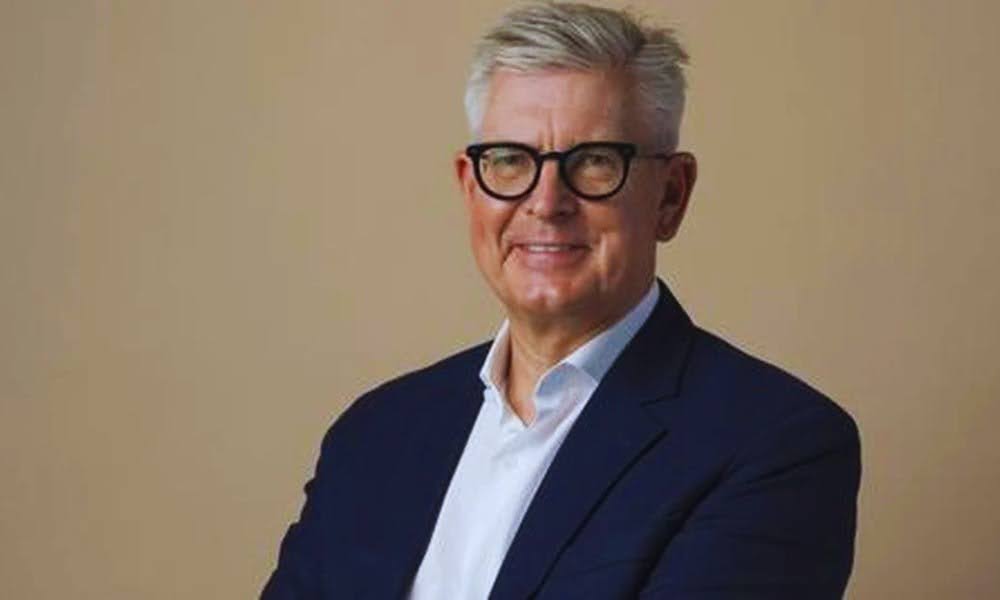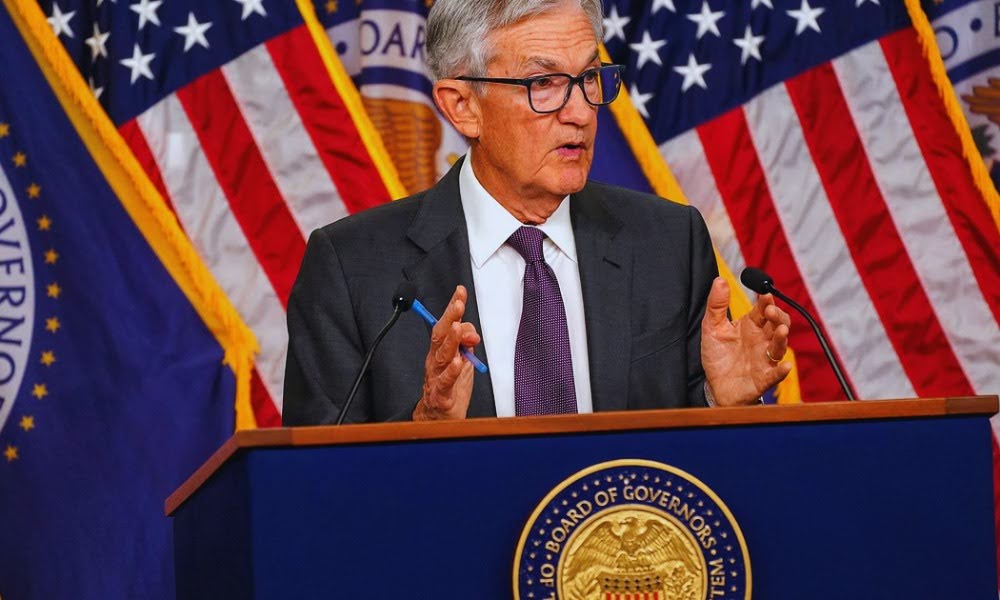Ericsson CEO Börje Ekholm Faces Uncertainty as Wallenberg Support Reportedly Wanes

Ericsson’s leadership is facing uncertainty as CEO Börje Ekholm finds himself under increasing pressure from the company’s primary stakeholders.
Swedish financial publication EFN has reported that Ericsson’s principal owners, the Wallenberg family, have become increasingly frustrated with Ekholm.
Once friendly, his relationships with Jacob Wallenberg and Marcus Wallenberg, CEO of SEB Group, are now described as “icy cold.”
According to EFN, these influential figures are now considering pushing for Ekholm’s departure. The growing dissatisfaction appears to have prompted discussions about leadership changes at the company.
Long Tenure and Historic Turnaround
Börje Ekholm took over the reins of Ericsson in 2017, following Hans Vestberg’s exit. Before becoming CEO, Ekholm was with Investor AB, the holding company controlled by the Wallenberg family, joining in 1992 and later becoming its CEO in 2005. He became an Ericsson board member in 2006.
At the time of his appointment, Ericsson was struggling. The company’s sales had dropped by 15% in the previous year, and net profits had fallen dramatically.
Vestberg had stepped down after raising concerns about weak demand for mobile broadband. Under Ekholm’s leadership, Ericsson experienced a substantial revival, emerging as a global leader in 5G technology outside China.
Vonage Deal Sparks Discontent
Despite the turnaround, recent events have fueled disapproval among investors. The acquisition of Vonage in 2022 for $6.2 billion has emerged as a major point of contention.
EFN reports that Ericsson has had to write down the value of Vonage by SEK43 billion ($4.38 billion), two-thirds of the original investment.
Ekholm himself acknowledged the acquisition’s shortcomings, taking responsibility for the deteriorating performance of Vonage.
Since the acquisition, Vonage has generated SEK31.2 billion ($3.2 billion) in revenue, around 6% of Ericsson’s total, and the company has now spun off part of Vonage into a joint venture named Aduna.
Investor Criticism Over Management and Strategy
Alongside the Wallenbergs, Industrivärden—Ericsson’s other major shareholder led by Fredrik Lundberg—is also reportedly displeased with Ekholm’s direction.
EFN claims Lundberg supports replacing Ekholm, citing concerns over his strategic focus and management style.
One criticism revolves around Ekholm’s recent focus on the US market. EFN suggests he rarely visits Ericsson’s headquarters in Kista, Sweden, and instead spends most of his time in the United States.
Ekholm has previously commented on Europe falling behind in tech and even suggested relocating Ericsson’s headquarters to the US, a notion that has not been well-received by Swedish stakeholders.
Speculation About a Potential Successor
With tensions mounting, EFN has named Jan Carlson as a potential successor. Carlson, who has been on Ericsson’s board since 2017 and became chairman in 2023, was formerly the CEO of Swedish automotive safety firm Autoliv.
His experience and familiarity with the company’s operations make him a plausible candidate if a leadership change occurs.
Despite growing speculation, Ericsson responded to EFN’s report by stating it “doesn’t comment on rumor or speculation.”
Financial Impact and Market Performance
Ekholm’s strategic investments in 5G initially boosted investor confidence. Ericsson’s stock price, which had fallen to SEK53.40 when he took over, more than doubled by April 2021.
The company expanded its market share in North America to between 50% and 70%, successfully overtaking competitors like Huawei in several regions.
However, following the Vonage deal’s closure, Ericsson’s share price dropped from SEK75.74 to below SEK50 by October 2022.
Although it rebounded to over SEK95 in January 2025, it fell again to SEK70.66 last week. This volatility reflects ongoing investor uncertainty and market challenges, including newly imposed tariffs.
Broader Market Challenges and Controversies
Ericsson’s exposure to the US market has increased significantly, with 40% of its revenues now coming from American customers, up from 25% in 2016.
This shift has intensified the impact of new US tariffs on Chinese imports, now as high as 145%, raising questions about Ericsson’s profitability in its most crucial market.
Adding to the controversy, Ekholm’s donation of SEK5.5 million ($560,000) to Donald Trump’s presidential inauguration and the removal of diversity, equity, and inclusion references from Ericsson’s annual report have drawn criticism.
These actions have alienated some stakeholders and added to the ongoing scrutiny.
Eyes on Upcoming Earnings Call
As speculation intensifies, all attention turns to Ericsson’s upcoming earnings call on April 15, 2025. Investors are eager to hear how the management will address these issues and what plans are in place for the company’s future.
In this high-stakes environment, the future of Börje Ekholm as CEO may depend on how convincingly he can outline a path forward and regain investor confidence.








